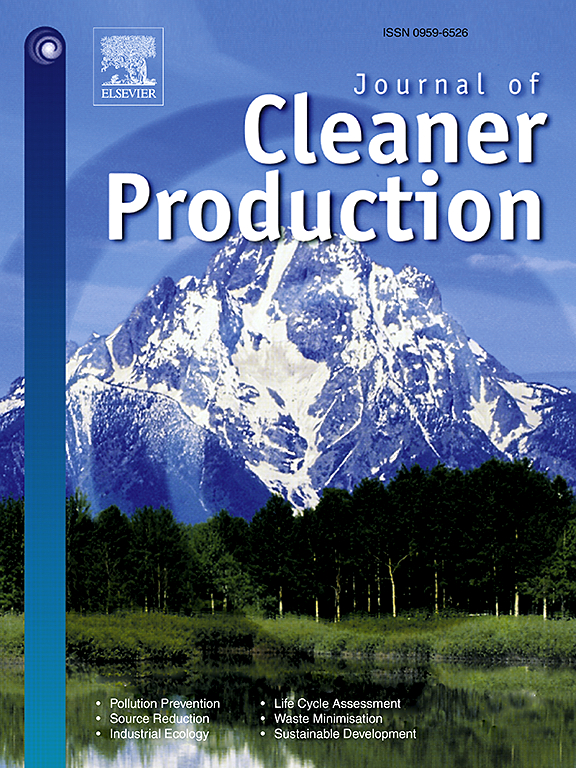A prominent Italian pharmacologist under investigation for embezzlement and rigging university contracts has garnered a dozen and a half retractions in the last year for image alterations and duplications.
But Salvatore Cuzzocrea, the former rector of the University of Messina, told us he did not agree with the retractions because they were decided “without clear communication,” and that none of the papers had problems that he wasn’t able to reply to.
Cuzzocrea, a professor of pharmacology at Messina, is set to face an Italian court over rigging bids for university contracts and is under investigation for allegedly embezzling more than 2 million euros worth of reimbursements.
Continue reading Former Italian university head faces retractions and criminal investigations


